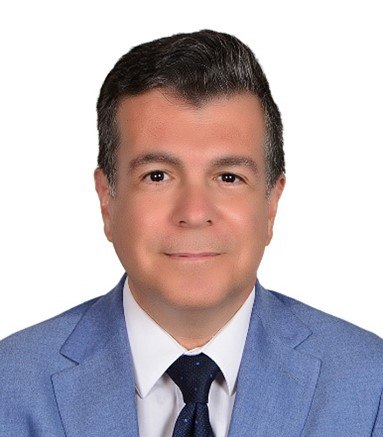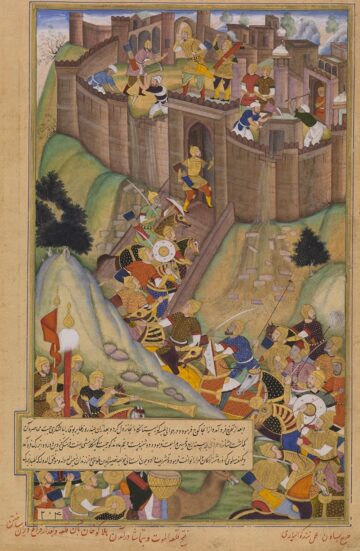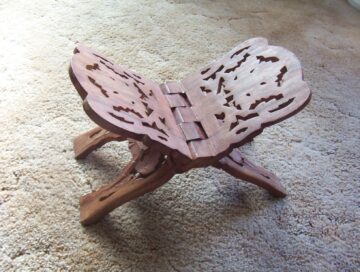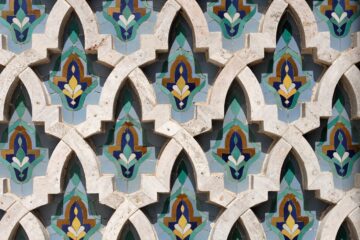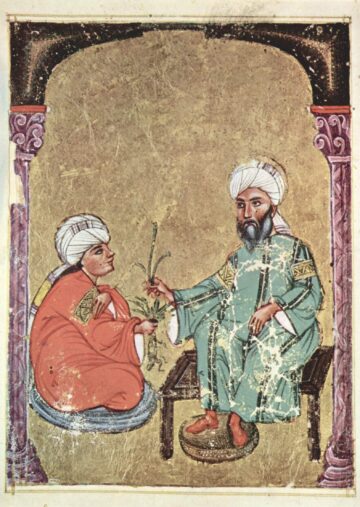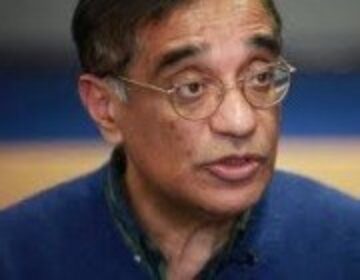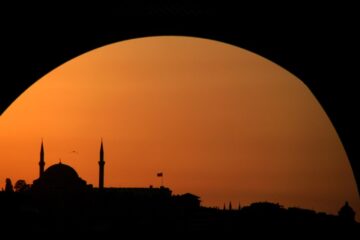Key words: Neoplatonism, Syriac, Plotinus, Plato, Republic, Phaedo, Symposium, Aristotelian, Stoic, neo-Pythagorean, Enneads, Nous (intellect), methaphysics, Platonists, creatio ex nihilo, the World Soul, Laws, Sophist, Timaeus, history of ideas in Islam, al‑Madina al-Fadila (The Virtuous City), Corpus Platonicum, Tandhib al-akhlaq (The Cultivation of Morals), Ibn Miskawayh, Liber de Causis (Kitab al-Khayr al-Mahd), al-Kindi, Ikhwan al-Safa’, al-Farabi, Ibn Sina, al-Sijistani, al-Kirmani, Suhrawardi, Ibn ‘Arabi, Mulla Sadra.
Abstract:The school of philosophy that took shape in the 3rd century CE, based on the teachings of Plato and the commentators on his work, received a new intellectual impetus when its texts became available to scholars in the Islamic civilization through translations from Greek to Arabic, starting from the 9th century CE. Philosophers and thinkers in Islam assimilated this philosophical legacy, and innovatively expanded the theoretical and practical applications of its ideas, as well as brought new directions to its conceptual unfolding, which resulted in significant intellectual contributions, particularly in philosophy and ethics.
Author

Professor Nader El-Bizri
Professor Nader El-Bizri is a philosopher and architect. He is currently affiliated with the University of Cambridge, and he was until recently the Dean of the College of Arts, Humanities, and Social Sciences at the University of Sharjah. Prior to that he was a Leverhulme Visiting Professor at Durham University and a tenured Professor at the American University of Beirut, where he served as the Associate Dean of the Faculty of Arts and Sciences, and as the Director of General Education. Before that he taught and conducted research across the academic ranks at the universities of Harvard, Nottingham, Lincoln, and at the CNRS in Paris and the IIS in London. He serves on various academic boards internationally and is the General Editor of the Epistles of the Brethren of Purity series that is published by Oxford University Press in association with the IIS. He has acted as advisor to the Science Museum in London, the Aga KhanA title granted by the Shah of Persia to the then Ismaili Imam in 1818 and inherited by each of his successors to the Imamate. Trust for Culture in Geneva, the Solomon Guggenheim Museum in Berlin, UNESCO in Paris, and Expo2020 in Dubai. He has been interviewed by the BBC and France Culture cultural programs, and in recognition of his contributions to the field, he has received awards and honours, including the Kuwait Foundation for the Advancement of Sciences Prize.

